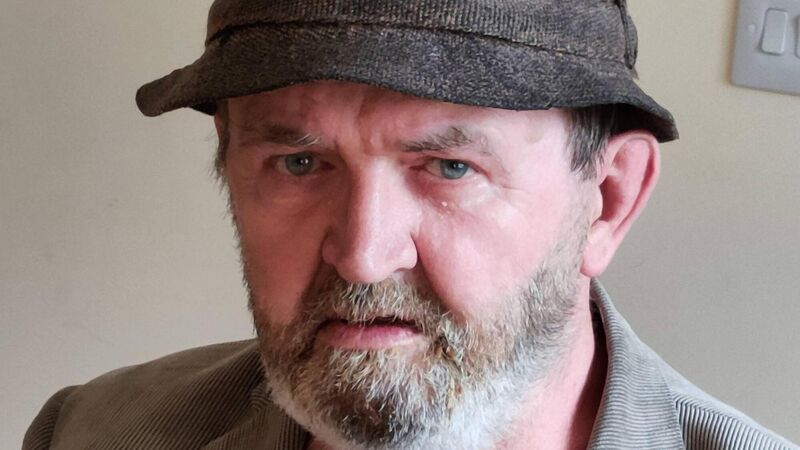Book Interview: Declan Gould on finally making peace with the clamouring voices in his head

Author Declan Gould has always battled mental illness but continues to strive to make a difference through his activism. Picture: Vincent Murphy
- Crazy Daze: A Bipolar Odyssey
- Declan Gould lulu.com, available online, £8.25







